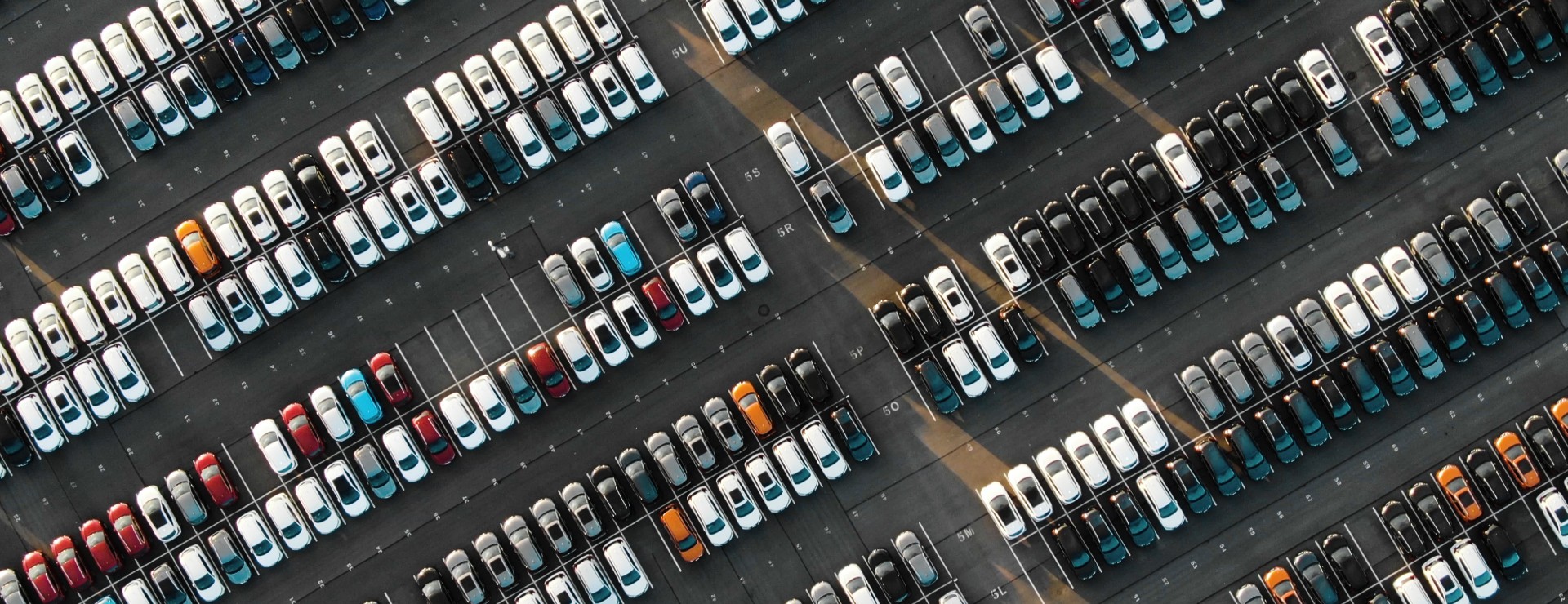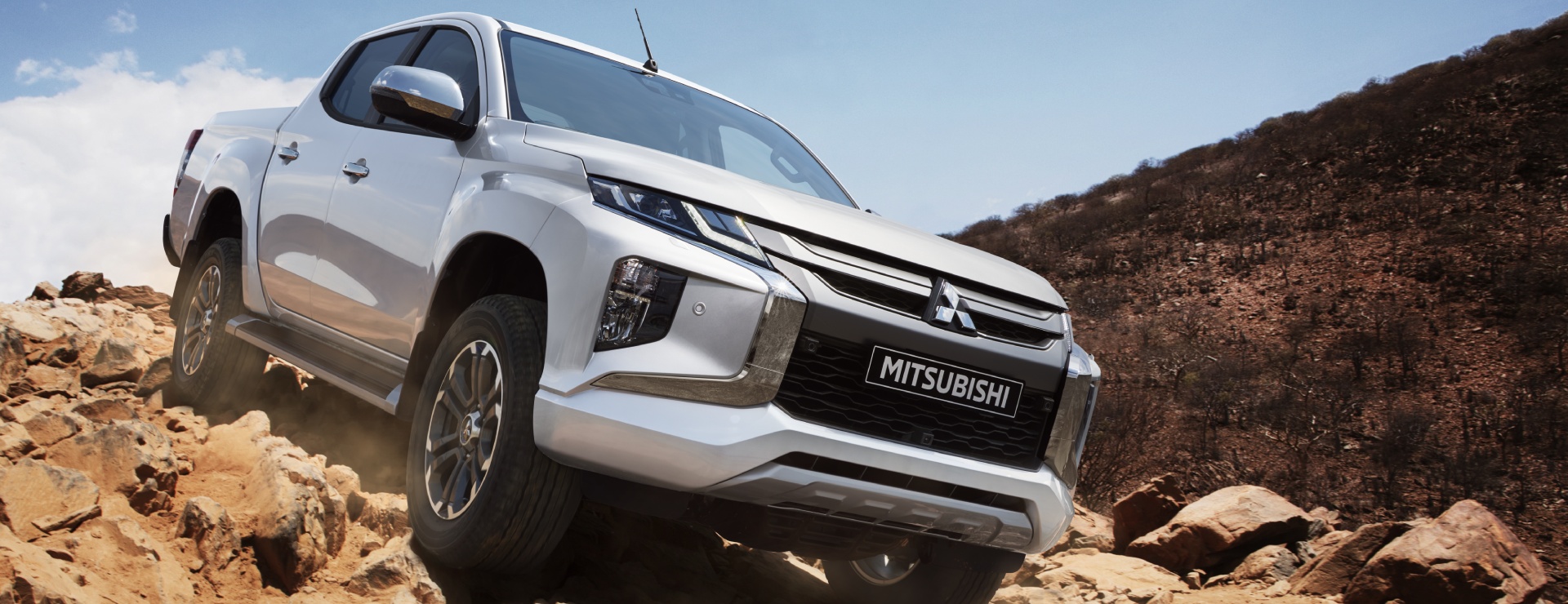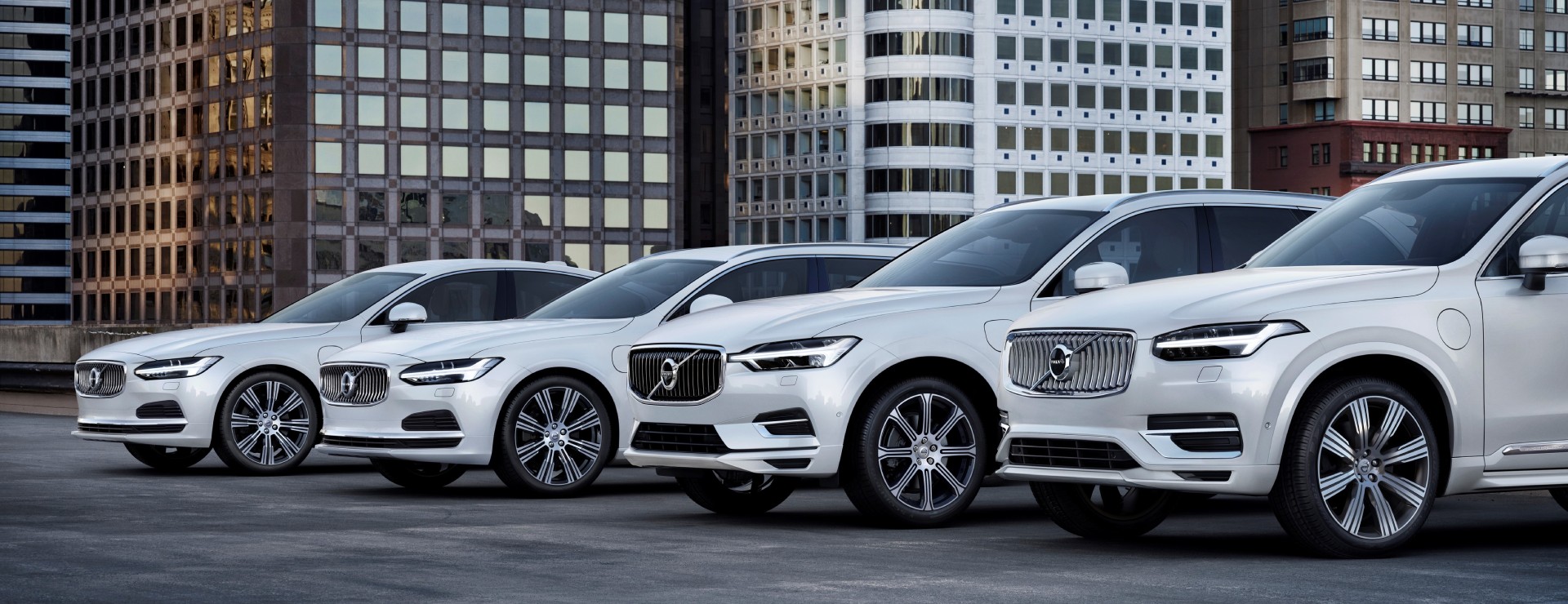VOLVO CARS

Used Passenger Cars business
16.03.2021
MITSUBISHI MOTORS
14.03.2021

Since its establishment in 1927, Volvo Cars is a car company for people who care about other people and the planet we live on.
With the passengers’ safety and the environmental protection being two of its strongest pillars, Volvo uses a human- centric design for its cars. Its philosophy is first to understand people’s needs and then to use its knowledge and expertise to make the drivers and passengers’ life easier, better, safer and more beautiful.
It has invented some of the most important features in the history of car safety. Its vision is that no one should be seriously injured or killed in a new Volvo car. It is not by chance that Volvo introduced the first 3-point safety belt in 1959, and that in 1976 it presented a world first three-way catalytic converter with Lambda sensor. Also in the early 1960s, Volvo consulted with a team of orthopedic surgeons when designing a car seat. Nobody had thought to ask an orthopedic surgeon’s advice for a task like this before.
Sustainability
Sustainability is as important to Volvo Cars as safety. By working towards climate-neutrality, embracing the circular economy and conducting their business operations responsibly, it helps protect the planet and contribute to a fairer society.
Aiming at a better future for everyone, it has committed to reduce CO₂ emissions between 2018 and 2025, as an interim step towards its 2040 target to reduce the lifecycle carbon footprint per vehicle by 40 per cent. This can be achieved by electrifying its fleet. That is why every new Volvo car launched from 2019 onwards has an electric motor. Volvo Cars aim is that 50 per cent of our annual car sales should be all-electric by 2025, with the remainder consisting of hybrids.
Saracakis retail sites comprise a New & Used Cars Showroom, a Spare Parts Department, Workshop and Body shop facilities and their ultimate aim to provide customers with a wide variety of topquality services before, during and after the sale.
For more information, please visit the website :
